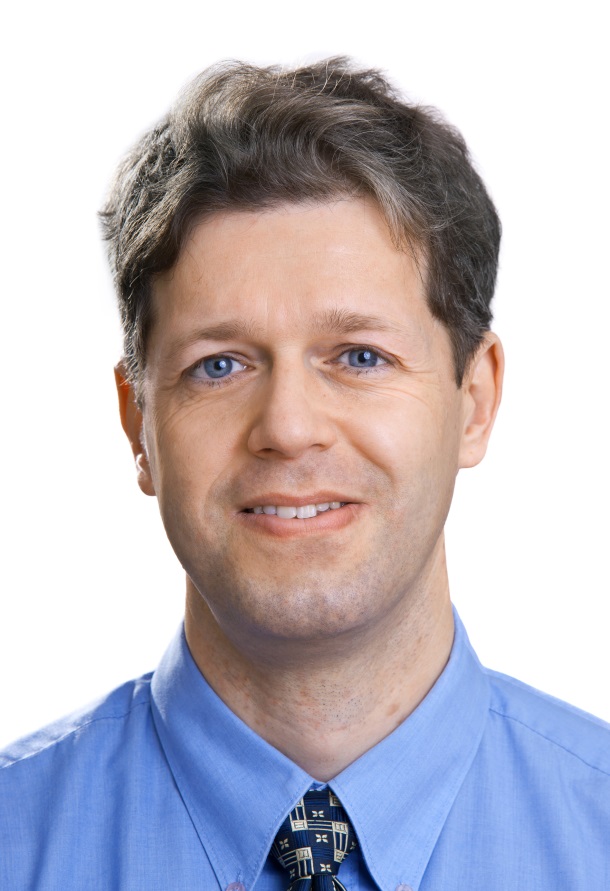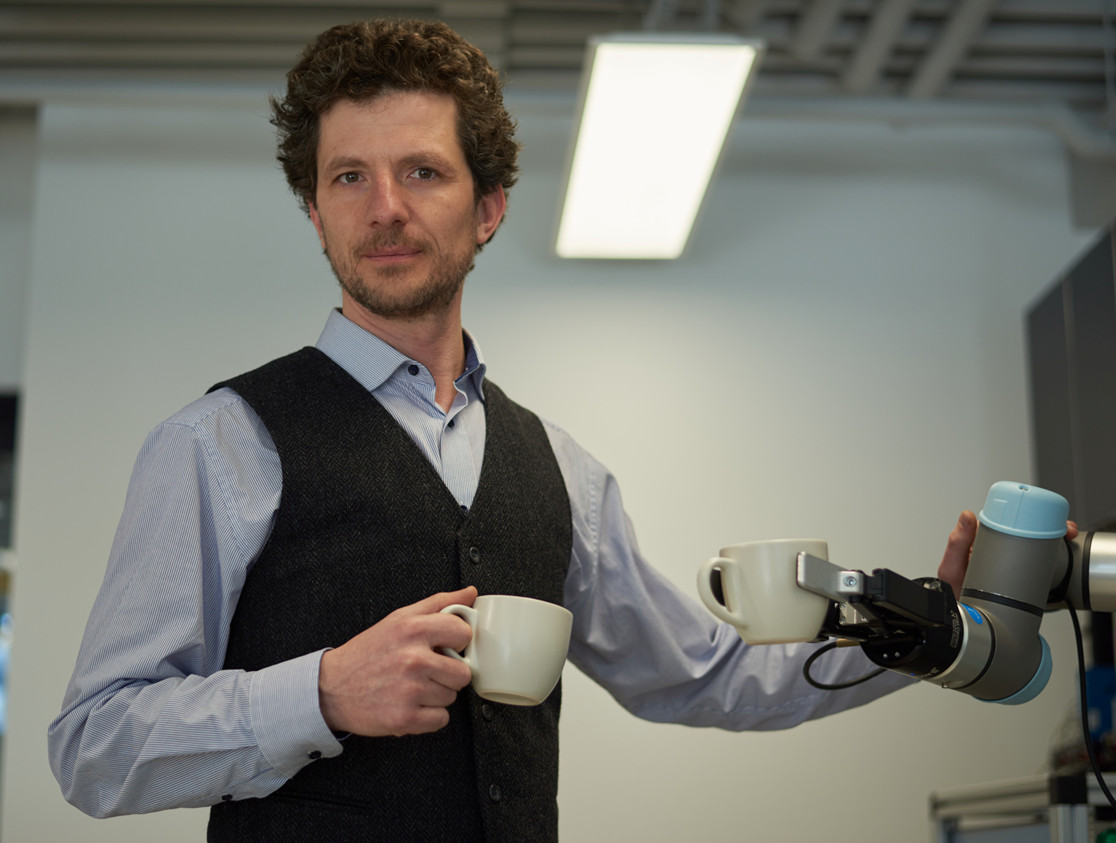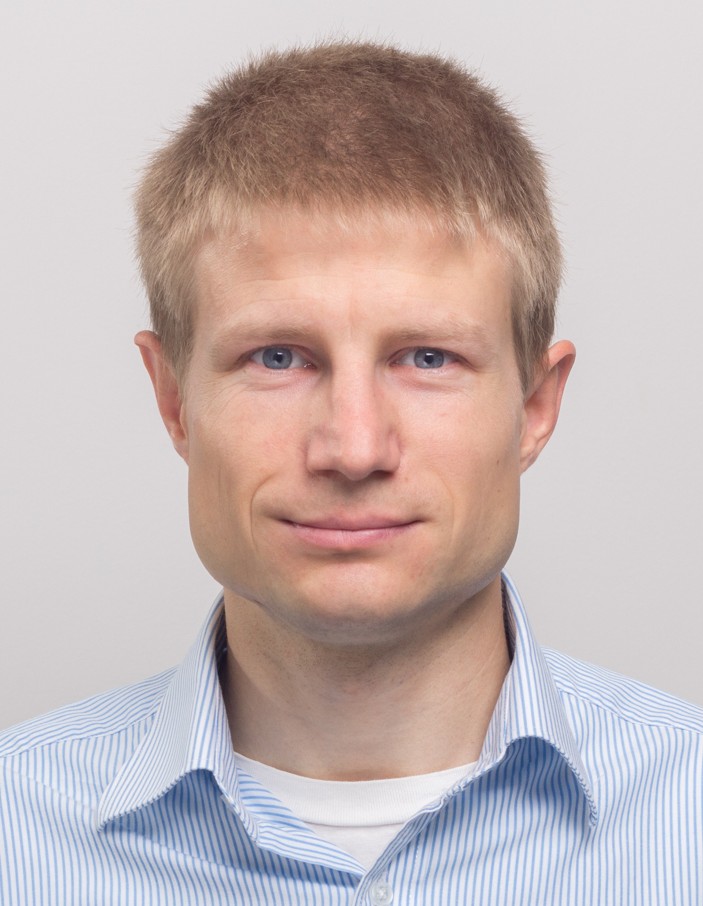Preliminary list of speakers, final list will be announced later.
Keynote lectures are given by internationally acknowledged professors and researchers of the fields:
 |
Csaba Beleznai (AT) received his M.S. degree from the Technical University of Ilmenau (Germany) and his Ph.D. degree in Physics from the Claude Bernard University, Lyon (France). Since 2000 he is at the AIT Austrian Institute of Technology GmbH in Vienna, Austria. As a Senior Scientist, he coordinates research projects aiming at the development of multi-sensory machine perception capabilities for applications in a demanding context, such as autonomous operation of large robotic machinery in logistics, construction, and agriculture, operating in unknown or weakly constrained environments. Title: Spatial representation learning to solve challenging robotic tasks Abstract: This lecture will give a brief introduction how to formulate learning tasks aiming at representing 2D or 3D spatial attributes. The talk will focus on object detection and pose estimation as key vision tasks for vision-based perception in robotics. Related applications developed at the AIT's "Assistive & Autonomous Systems" group will be presented and explained in detail. |
 |
Levente Tamás (RO) received his joint BSc. degree from the Ghent University (Belgium) and his Ph.D. degree in Control Engineering from Technical University of Cluj-Napoca (Romania) in 2010 with a post-doc stay at Bern University (Switzerland) in 2013. Since then he actively works in research projects with companies such as Bosch, Siemens, Nvidia, Analog Devices with the focus on active perception for autonomous robotics in industry, agriculture, and underwater applications. Title: Perception for autonomous robots in challenging conditions Abstract: This lecture will highlight the challenges in the robotics perception task with the focus on the mapping, planning and navigation tasks within various industrial setups. The 2D and 3D perception with state of the art methods will be shown both in theoretical and practical aspects as well. |
 |
Miklós Koller (HU) received his PhD from the Faculty of Information Technology and Bionics at Pázmány Péter Catholic University (Budapest) in 2014. He has been working there since graduation, performing teaching and research-related tasks. His teaching activities include lectures and lab practices on biometric person identification and robotics. His research interests are strongly connected to robotics, including the application of deep reinforcement learning algorithms for robotic and prosthetic control tasks, analysis of various human interfaces (such as surface electromyography and ultrasound) for prosthetic control, biomechanical movement analysis and modeling in relation to soft exoskeleton control. Title: Recent results of the Robotics Lab at the Pázmány Péter Catholic University Abstract: Our biomimetic robotic hand project incorporates telerobotic vision with the aim to create a prosthetic hand of the same structure and function as the human hand. Its layer-by-layer design copying the human hand seeks to facilitate more natural and intuitive use. We are analyzing two human interfaces for control: surface electromyography and ultrasound. Due to the bottleneck of information transmission, the fine details of specific movement motifs may be automated through learning algorithms. For teleoperation, we plan to control the fine details of the movement motifs with a data glove, also under development in our lab. Our soft robotic exo-skeleton project aims to help youngsters with athetosis in their everyday activities. We are applying an emulated elastic actuator system that can produce a spring-like behavior to make the movement attenuation more comfortable for the user. We are also pursuing biomechanical measurements and simulations of the different movements to correctly track the movement and safely examine the effects of the different control algorithms. The continuous non-invasive blood pressure measurement project uses a 3D force sensor developed by our laboratory as an alternative to invasive arterial cannula. As it can measure the continuous blood pressure waveform, this system can also be used for diagnostic purposes. We are using a non-binary quality index for continuous blood pressure waveforms to improve the accuracy of AI-based solutions. |
The lecturers of the summer school are colleagues of the Faculty of Information Technology, University of Pannonia:
 |
László Czúni: László Czúni got his PhD in 2001 from computer science. Now he is an associate professor at the University of Pannonia and is the head of the Image Processing Research Laboratory. His research and teaching interests cover different areas of digital image processing, pattern recognition, and computer vision. Beside scientific publications he has contributed to 4 university textbooks and is strongly affiliated to the Computer Science Engineering BSc program at the University of Pannonia. |
 |
Zoltán Juhász: Zoltan Juhasz has a PhD in Computer Science from the Technical University of Budapest. He is an associate professor at the University of Pannonia. He teaches Java Programming, Parallel Programming, Cloud Programming, GPU Computing and Parallel Numerical Algorithms at BSc, MSc and PhD level. His research interests are in GPU-based parallel algorithms, EEG signal processing and analysis and the use of EEG based brain connectivity network analysis in understanding cognitive task execution. |
 |
Attila Magyar: Attila Magyar obtained his MSc and his PhD from the University of Pannonia in 2004 and 2008, habilitated at the University of Pannonia in 2017. Presently he is an associate professor at the University of Pannonia, Department of Electrical Engineering and Information Systems, his teaching activity includes systems and control theory and robotics for Bachelor, Master, and PhD programs. His main research interest is the use of nonlinear control theory and optimization in the field of electrical energy systems. |
